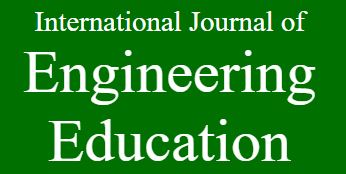|
Autors/es |
Abstract Study and Research Paths (SRP) are general inquiry-based instructional formats, grounded in the Anthropological Theory of the Didactic (ATD), that have been recently shown great potential for teaching Engineering subjects. The SRP is triggered by a generating question (Q(0)) that gives rise to a sequence of questions-answers, and combines moments of study and moments of research. In this work, we analysed four SRPs Implemented on a Strength of Materials course initiated by two different Q(0) questions, revolving around a slatted-bed (2015, 2018) or a kart (2016, 2017), so as to investigate the invariant and different features between SRPs as a function of the Q(0) and the course edition. Our results allowed us to establish the influence of the generating question and the community of study on the development of the SRP, in terms of the generated questions-answer (Q-A) maps, the resources mobilised, the media-milieu dialectic, and the adaptation of the students and the teacher to the instruction format. In every SRP edition, certain repeated sub-questions related to the strength-stiffness of prismatic bars under different loads appeared, associated to the epistemological conception of the subject, and were tackled combining similar analytical and simulation techniques. However the investigation of the Q(0) often surpassed the traditional limits of the SM subject and implied the study and interconnection of notions related to other areas and the use of novel techniques. The comparison of SPRs started by a different Q(0) revealed however differences in the Q-A maps: the "slatted-bed'' SRP was simpler and more directly connected to traditional SM topics, whereas the "kart'' SRP implied the study of a larger number of parts, some of them with complex shapes, and implied simplifications. The analysis of several SRP editions with similar Q(0) showed how the media-milieu dialectic and the group of students affect the development of the SRP. The SRPs initiated by the same Q(0) displayed a certain common Q-A map skeleton. However, in those editions where the study community adapted better to the SRP device, the Q-A arborescence was richer, and a larger variety of resources and validation forms were employed. |
Altmetrics
|
|
Publicació International Journal of Engineering Education, 2021, v.37, n.2, p. 446-460 |
||
|
Data de publicació 2021-01-01 |
||
|
DOI - |



